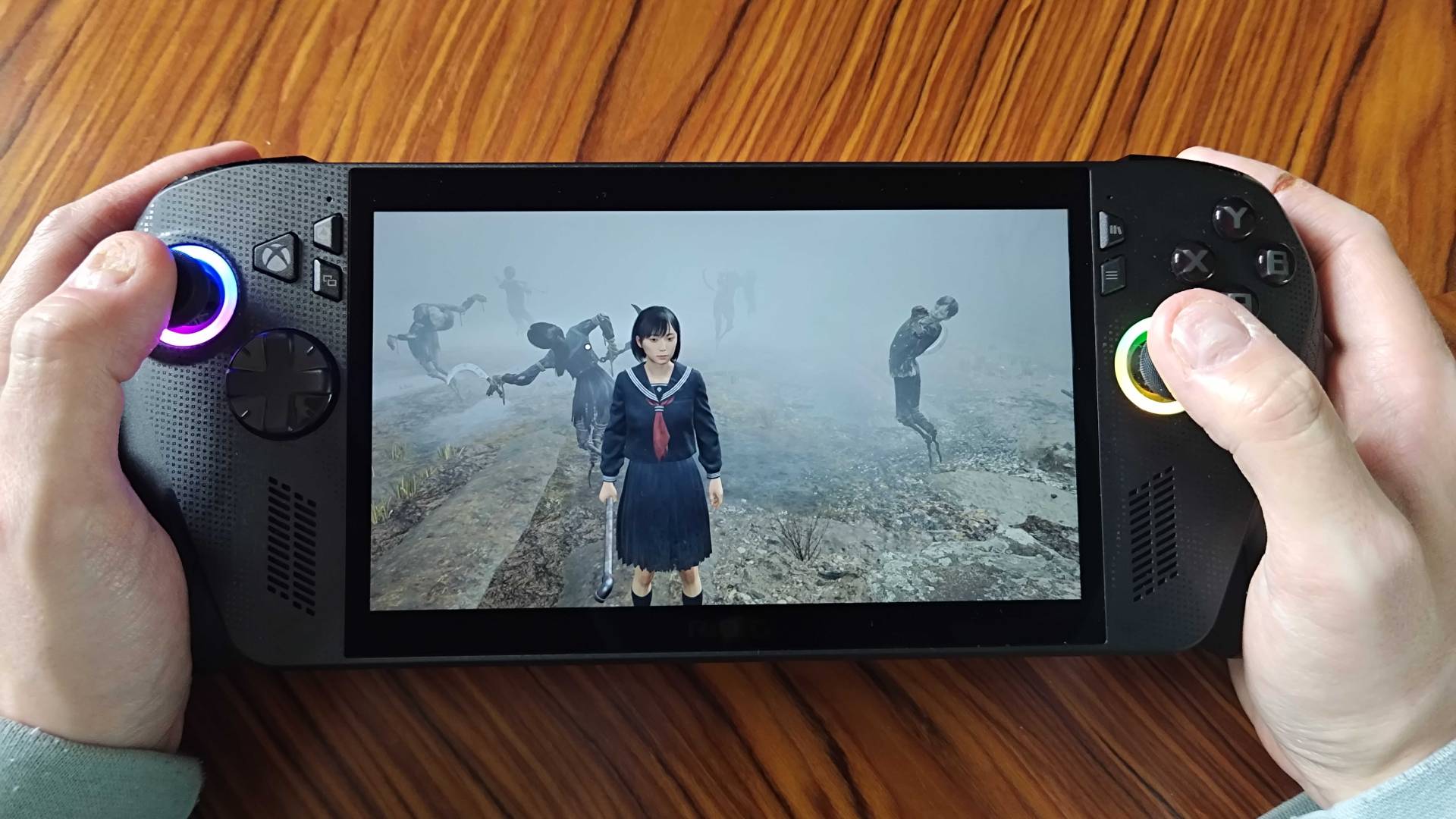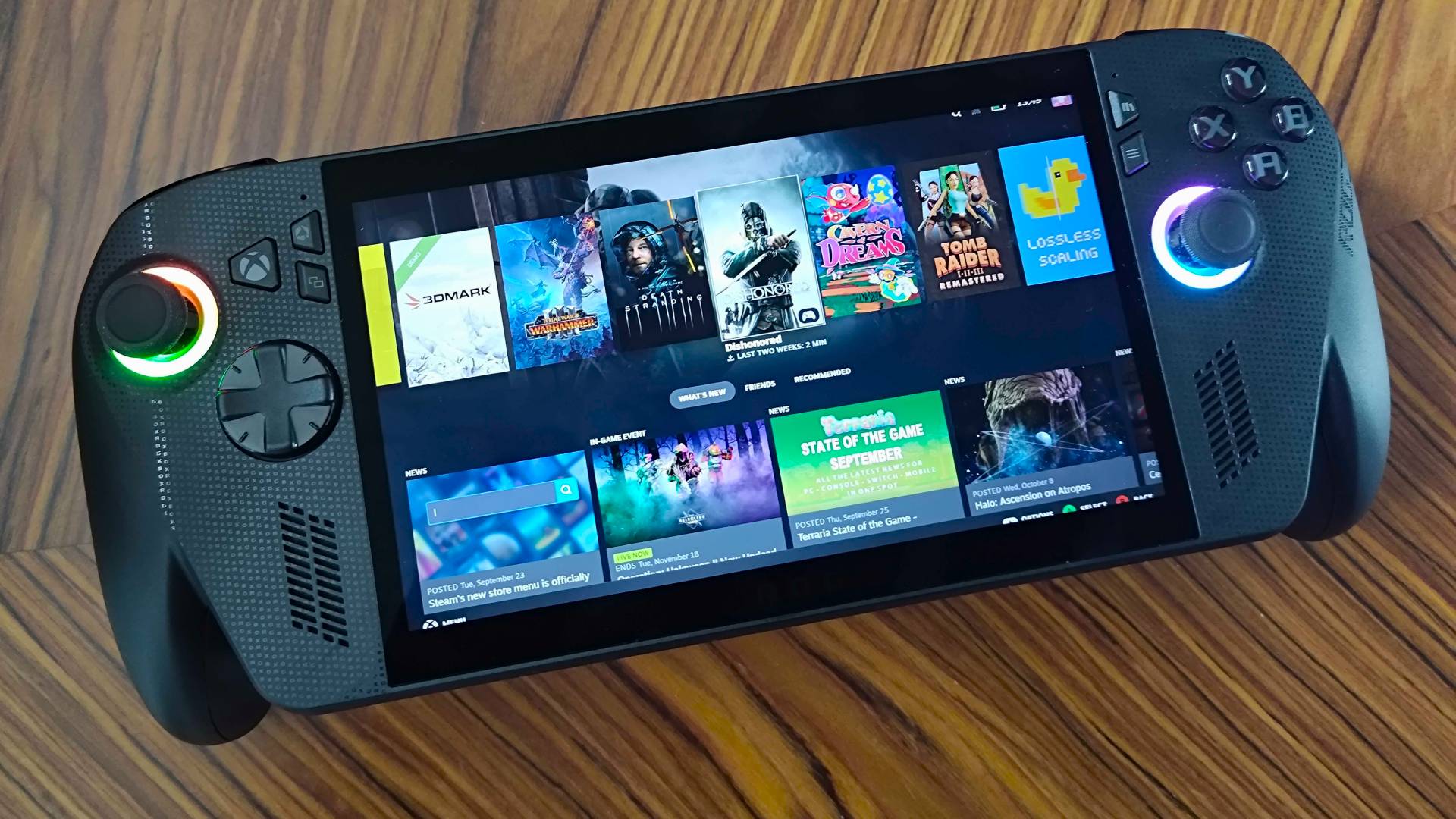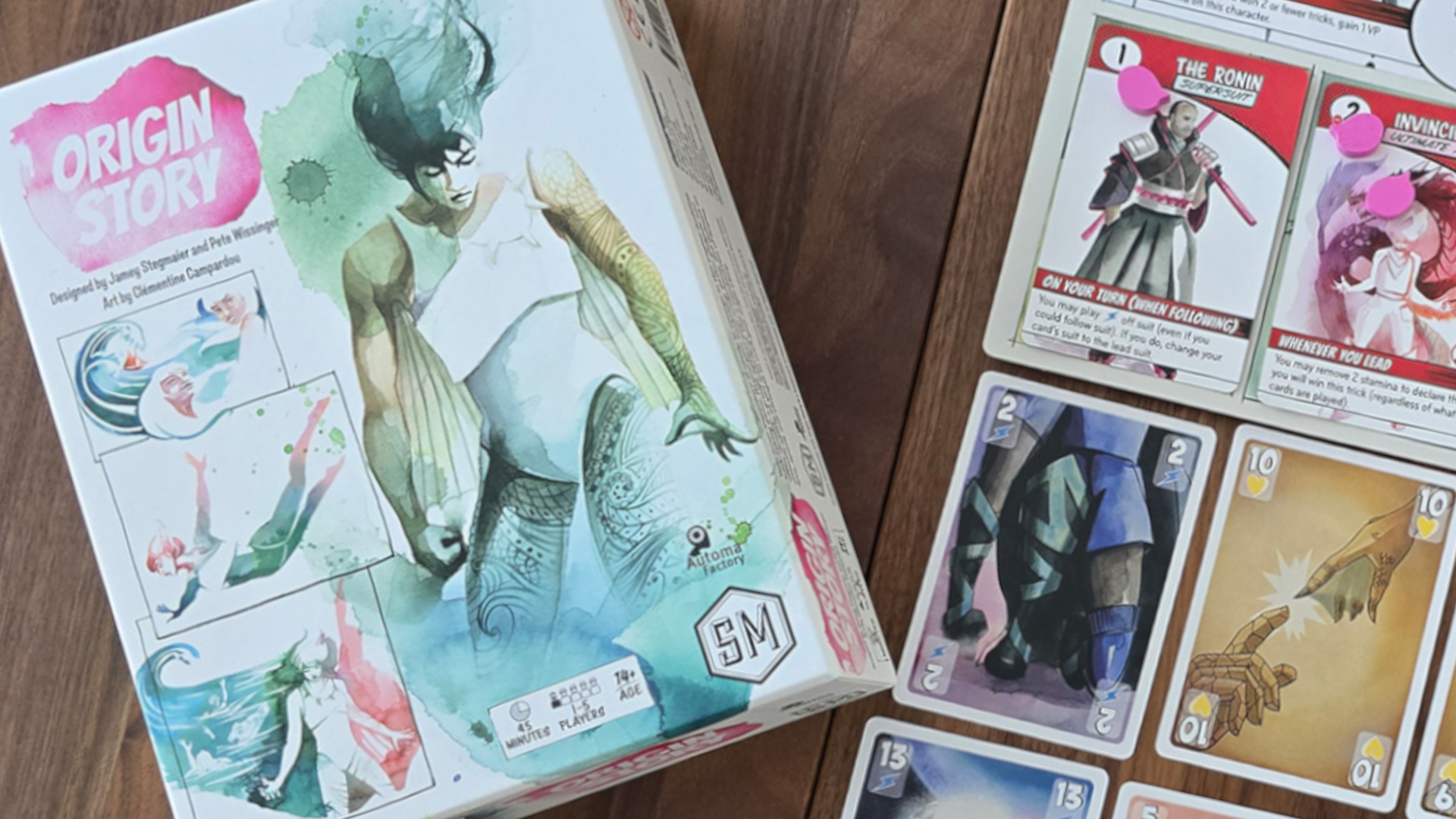"It really was Asus, because this is their hardware" - I feel like Microsoft is pinning the ROG Xbox Ally X's $1,000 price tag on its creator
Asus was apparently tasked with deciding the "ultimate prices of the devices.”

The ROG Xbox Ally X deserves a seat at the best gaming handheld table, but I'll still struggle to recommend it since it costs a ghastly $1,000. I've spent a lot of time this month wondering who decided that was the right price tag for a portable PC targeting console gamers, but Microsoft seems to be pointing at Asus.
Xbox president Sarah Bond touches on the decision to release a $1,000 Xbox Ally X and a $600 model while speaking to Variety. “We looked at, how do we create multiple options for people? And it really was Asus, because this is their hardware,” says the Microsoft boss. “That is all of their insight into the market, into the feature set, into what people want, to determine the ultimate prices of the devices.”
Translation? Well, it sounds like Microsoft left figuring out ROG Xbox Ally X pricing and model tiers in Asus' capable hands. That's not an unreasonable decision considering it's responsible for the original Asus ROG Ally, but I do wonder if the console giant was hoping for more of a Steam Deck OLED competitor in terms of pricing.

The proverbial Xbox handheld horse is now out of the stable, though, so it's a good thing that Bond believes the pricing was the right call. "We sold out on the Xbox Store. We sold really quickly at a number of other places around the world,” Bond brags before affirming, "I feel really good about the value that we’re giving gamers for the price, based off the reception to the hardware.”
For what it's worth, Microsoft isn't wrong about the Xbox Ally X's reception. The portable PC is out to impress with its new punchy Ryzen Z2 Extreme chipset, controller-inspired grips, and Windows 11 optimizations that help it feel like more of a console. It's absolutely sitting at the top of the premium totem pole right now, but I wouldn't exactly say it represents good value for money.
The handheld scene has a massive price problem that I've been screaming about for a year. Rather than making options that can properly challenge the Steam Deck at the $400 price range, everyone seems hellbent on making devices at the $1,000 mark. Yes, compared to more affordable options, the Xbox Ally X feels bananas, but next to premium options like the MSI Claw 8 AI+, it starts to look like a reasonable response.

When you're paying top dollar for a handheld, the conversation largely comes down to performance. Yes, features are important, but you'll often find the same perks included across the price spectrum, whereas benchmarks can vary drastically. In the case of the ROG Xbox Ally X, the handheld pulls ahead of every portable PC I've tested to date, inching towards that coveted 1080p 60fps sweet spot.
Weekly digests, tales from the communities you love, and more
The situation makes it painfully obvious that the ROG Xbox Ally X isn't meant to be a mainstream handheld. Instead, it's a premium option for players who want a taste of what's to come. I'm not remotely a fan of this sort of tactic, especially since it's got console branding attached, but it's pretty in line with the gaming PC and laptop scenes.
Keep in mind that Microsoft likes to point at everything and proclaim, "This is an Xbox," these days. It's a strategy that helps save it from making in-house hardware decisions, so I'm not surprised that it doesn't feel responsible for Ally X pricing.
I dare to say that if the console maker had lobbied for a cheaper price point or made its own portable Series S, it may have ended up directly compared to the Nintendo Switch 2. Technically speaking, the ROG Xbox Ally X is far beefier under the hood, but that investment in power arguably means nothing when you're up against a lean, mean, 4K Mario Kart gaming machine.
Already got Valve's portable? Swing by the best Steam Deck accessories and best Steam Deck docks to enhance your handheld setup. If you'd rather play classic adventures on the go, take a peek at the best retro consoles for pocket-sized portable emulators.

Phil is currently the Hardware Editor at GamesRadar+ who specialises in retro gaming, the best gaming handhelds like the Steam Deck, and more modern components like graphics cards. Having spent years offering up classic console advice and over a decade as a gaming journalist for big names like TechRadar, The Daily Star, the BBC, Den of Geek, and many more, Phil now dedicates their days to covering the latest news and offering up invaluable setup advice.
You must confirm your public display name before commenting
Please logout and then login again, you will then be prompted to enter your display name.


